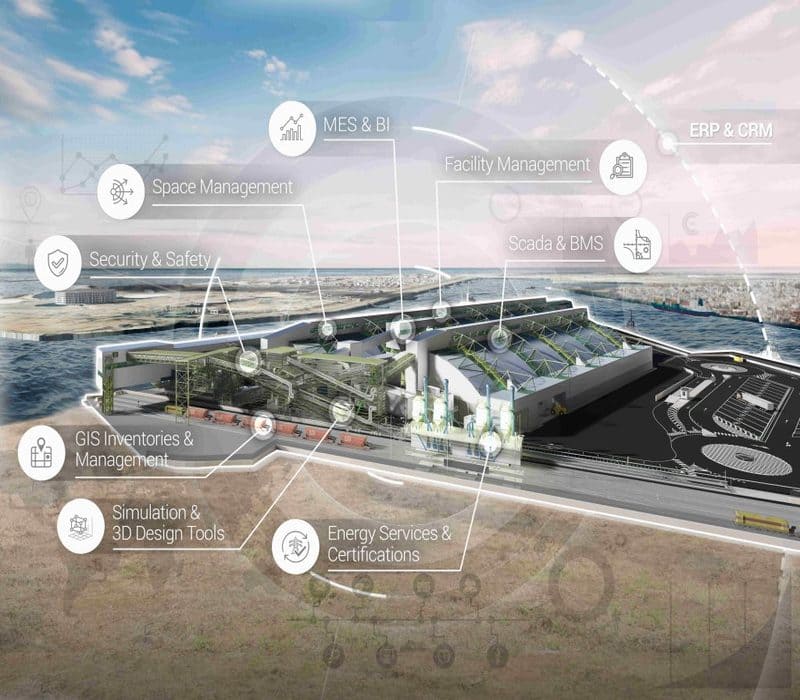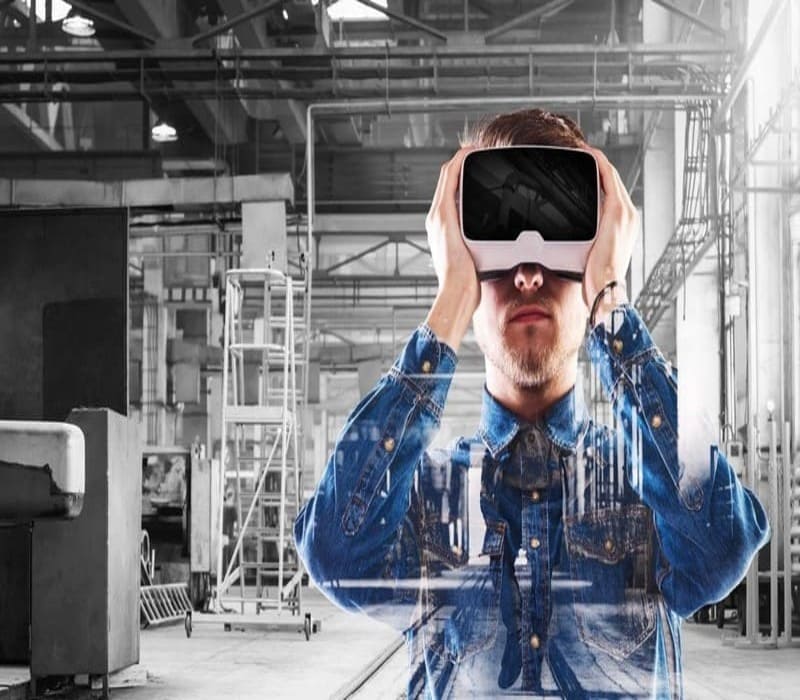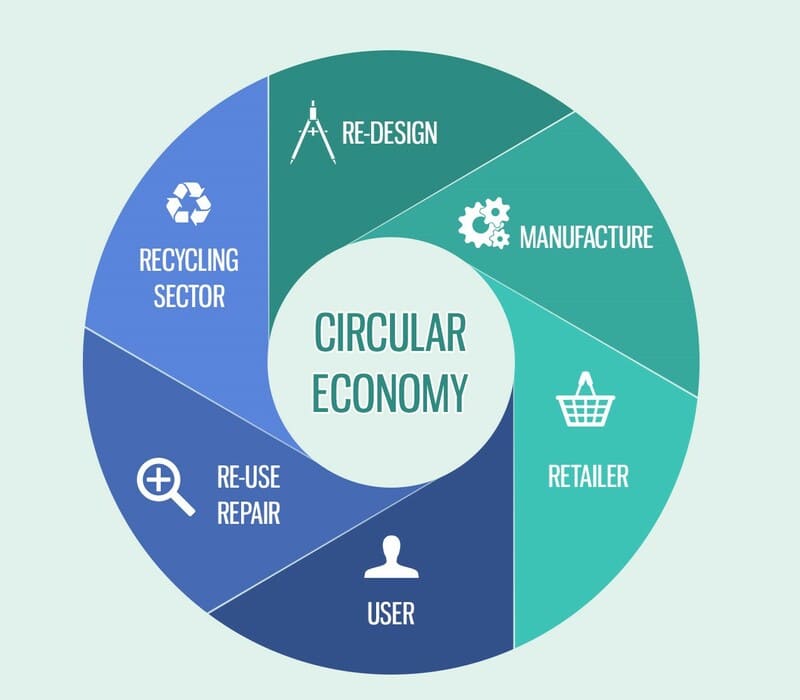


In IDP we believe R&D&I has the mission of transforming our services and processes to provide differential value to our clients and society. For that reason, we look for the best ideas and take part in large innovative projects together with partners that are leaders in technology all over the world.


Construction of the digital twin of an industry, infrastructure or building with the aim of optimizing their maintenance, operation and security processes by means of their simulation in the digital model for its later deployment in the physical asset.


We help our clients to make decisions about their project in an immersive way through virtual and augmented reality, and it also helps us to explain the asset in a different way even for training.


Construction of a layer of artificial intelligence on the Digital Twin realized, that, from learning of the situations, automates the actions to realize.


Implementation of a new economy based on the principle of “closing the life circle” of products and services, with the aim of keeping their value throughout their whole life cycle, and so to minimise the generation of waste.
In recent years we have been awarded more than 35 R&D&I projects financed by calls for proposals from both the European Union (Horizon Europe, Horizon 2020 and the 7th Framework Program for Research and Development) and the Spanish Government (Retos, Feder and Missions) in consortium with more than 150 companies and research centers of 23 nationalities, for a value of 15 million euros in our company’s share.





